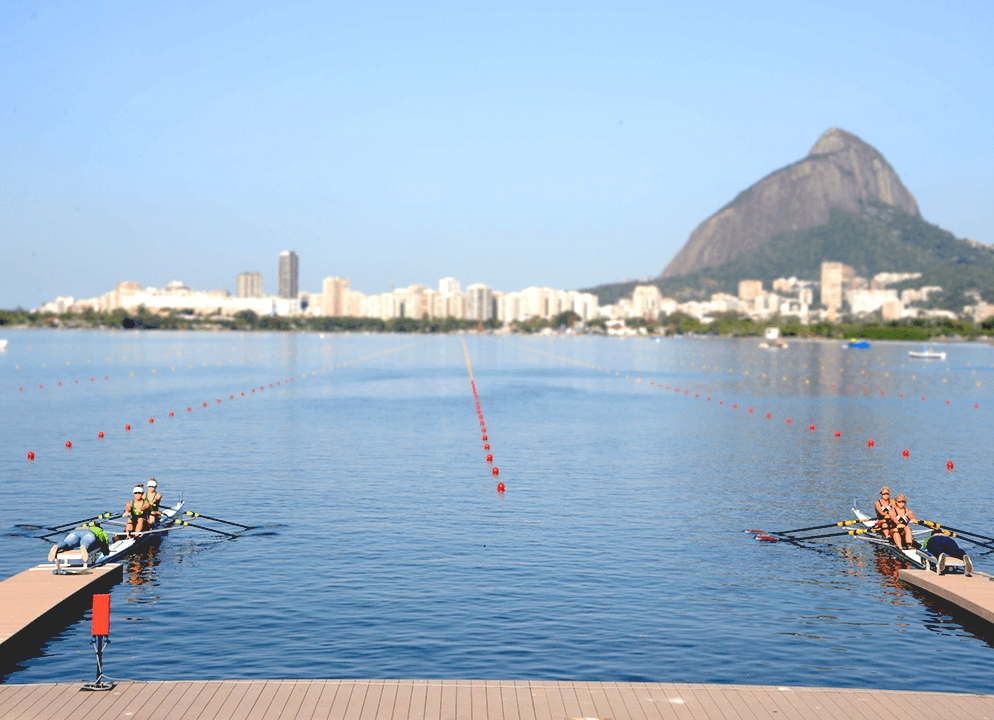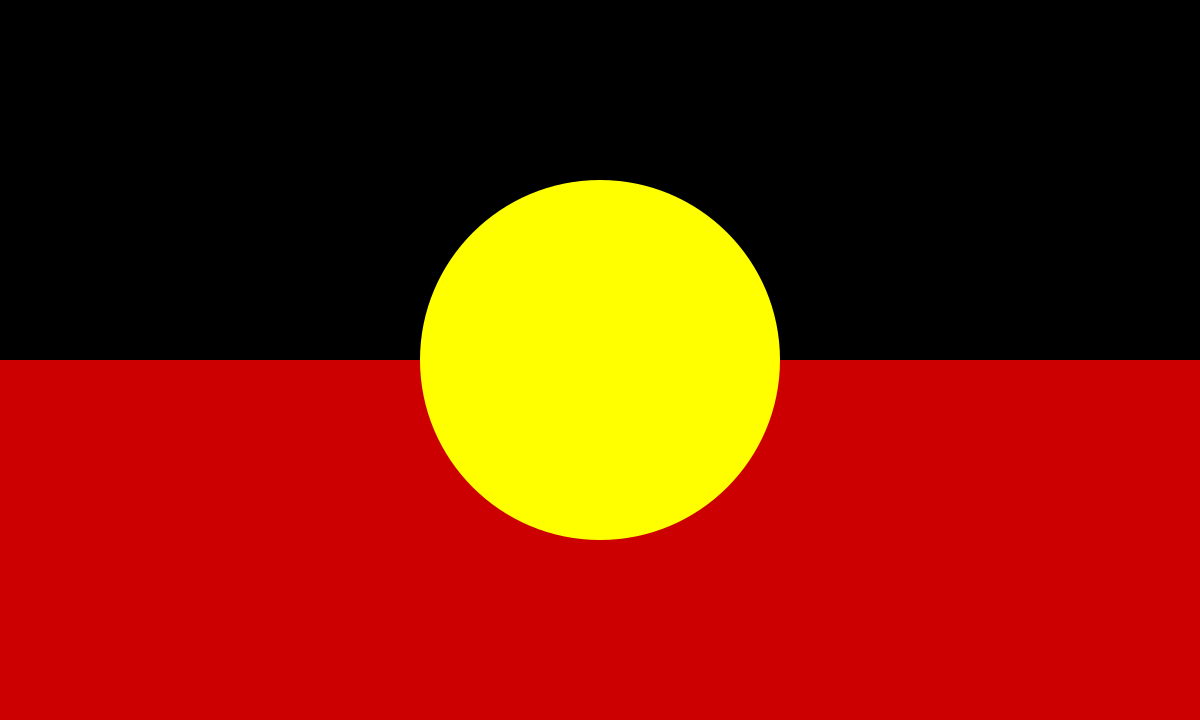Who: 529 athletes from 69 countries
What: Men’s and women’s tournaments
Where: Lagoa Stadium
When: Days 1-8
Rowing at the Rio Olympics will be staged at the scenic Lagoa Rodrigo de Freitas, overlooked by the Christ the Redeemer statue atop the Corcovado Mountain.
Rio will host 14 events, with eight for men and six for women, across open weight and lightweight disciplines.
Rowing debuted as an Olympic sport in Paris 1900, four years later than originally planned, after poor weather forced cancellation of the rowing events at the very first modern Olympics in Athens, 1896.
Women’s events were added to the Olympic roster in Montreal 1976, with Romanian athlete Elisabeta Lipa holding the interesting record, of longest period of time between gold medal successes, after winning gold in Los Angeles in 1984, she again claimed gold at Athens in 2004, 20 years on from her maiden victory.
Rowers compete over a 2km course, with six crews each assigned a lane, which is 13.5m wide. Markers are positioned every 250m, so that competitors know the distance they have covered.
There are two types of rowing class:
- Sculling: In which athletes use two oars
- Sweep: In which athletes use a single oar.
Sculling competition comprises of:
- Single Scull (1X)
- Double Scull (2X)
- Quadruple Scull (4X)
Sweep competition comprises of:
- Coxless Pair (2-)
- Coxless Four (4-)
- Eight (8-)
Rowing contributes one of the Australian Olympic Team’s largest sections, with 29 athletes set to wear the green and gold for Australia in Rio.
Kim Brennan will highlight the team’s medal chances, with the London silver medallist heading into Rio as the women’s single scull reigning world champion. The men’s quad also hold strong ambition of medal success, with plenty of other crews capable of qualifying for finals and pushing their cause for the podium.
Western Australia will have three athletes in action in Brazil, with Rhys Grant (men’s single scull) and David Watts (men’s double scull) both making their Olympic debut, whilst Alex Hagan will appear for the second time at Olympic level in the women’s eight, after the Australians earned an eleventh hour entry, following the disqualification of a Russian crew.
To follow WA’s rowers in Rio, view their bios below, including information on when they’re in action in Brazil.


